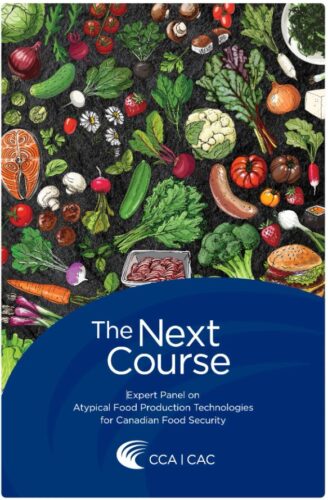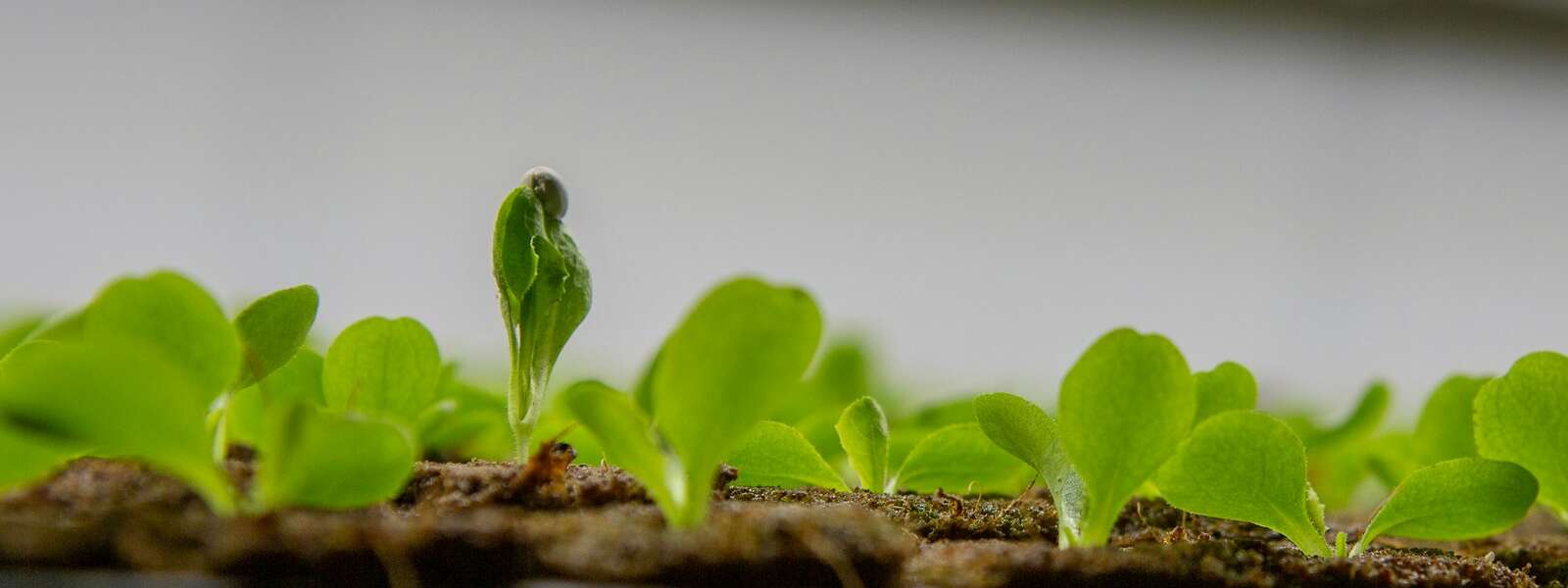
Re-thinking how food is grown in Canada by embracing new technologies — and even new kinds of foods — is critical to ensuring the resiliency of our food system, says a global food sustainability expert at the University of Guelph.
Dr. Evan Fraser, the director of the Arrell Food Institute and a professor in the Department of Geography, Environment and Geomatics, researches how agriculture technology can help feed the world’s growing population.
He says Canada must consider new technologies to ensure food remains accessible, including controlled environment agriculture facilities and cellular agriculture processes such as cultured meat and precision fermentation.
“These methods could lay the groundwork for growing local year-round fruit and vegetable growth across Canada and diversifying our protein sources,” Fraser says. “This will strengthen our already world-leading food system against climate change, population growth, resource limitations and geopolitical instability.”
New technology can help address food security

Fraser is a contributing panelist for a new report from the Council of Canadian Academies (CCA) called The Next Course. The report concludes that atypical technologies that enable precise control over food production will play a major role in Canada’s food production over the next 20 years.
Dr. Rene Van Acker, interim president and vice-chancellor, was also a panelist for this report, and says: “Environmental factors, supply chain disruptions, limited resources and economic viability are all threatening our food systems. Innovations like these are necessary to make sure Canadians have access to the food they want and need.”
He adds: “It’s not a question of replacing the already great things we do but rather adding new technologies and new processes to build extra sustainability and resilience, and economic opportunity.”
Atypical technologies rely on genomics, automation, artificial intelligence, access to resources and labour, and successfully resolving policy issues involving land use and food safety.
Fraser argues: “There’s no single technology or production facility that will address all food security concerns. Rather, what we need to do is explore all options, while working closely with stakeholders to develop new ideas and systems to address increased food insecurity in Canada and beyond.”
Fraser is available for interviews.
Contact:
Dr. Evan Fraser
frasere@uoguelph.ca
